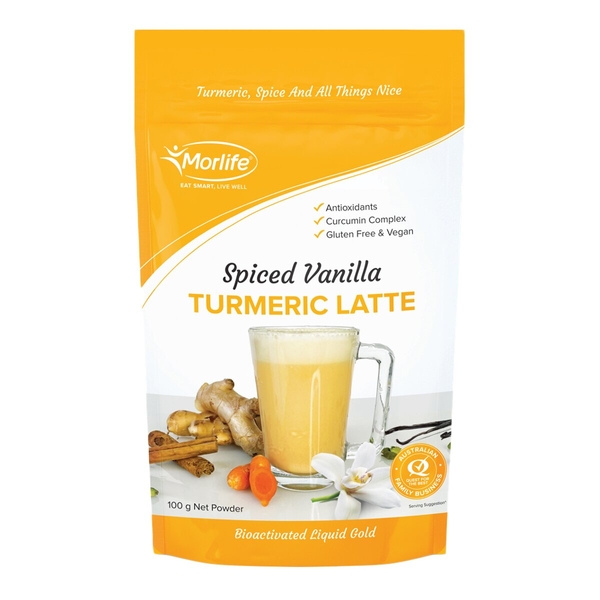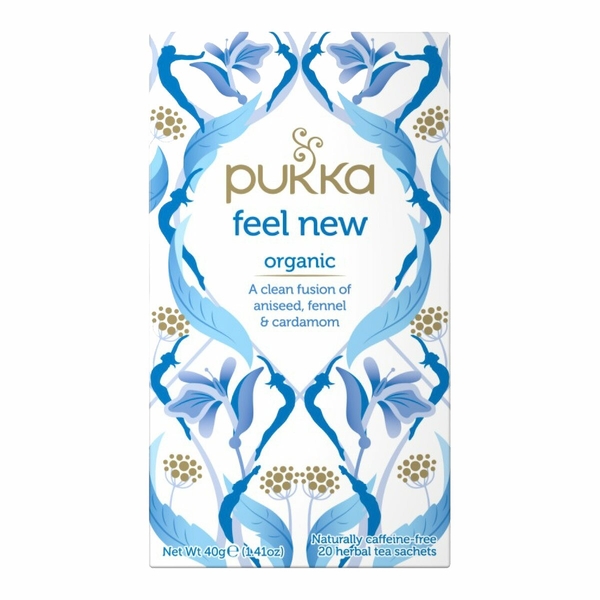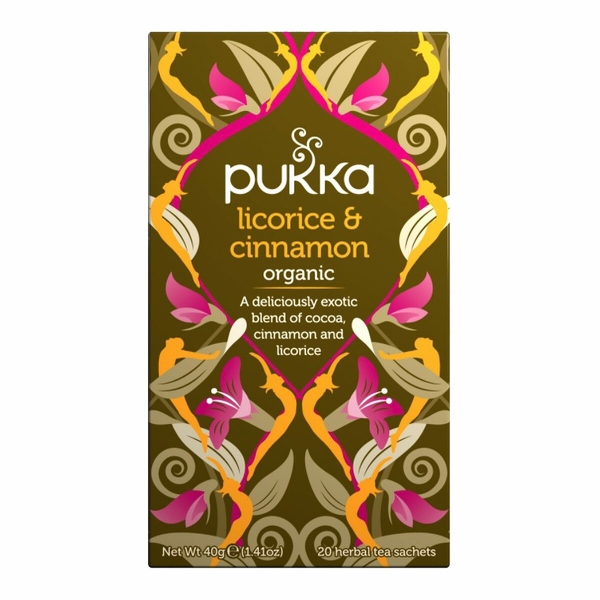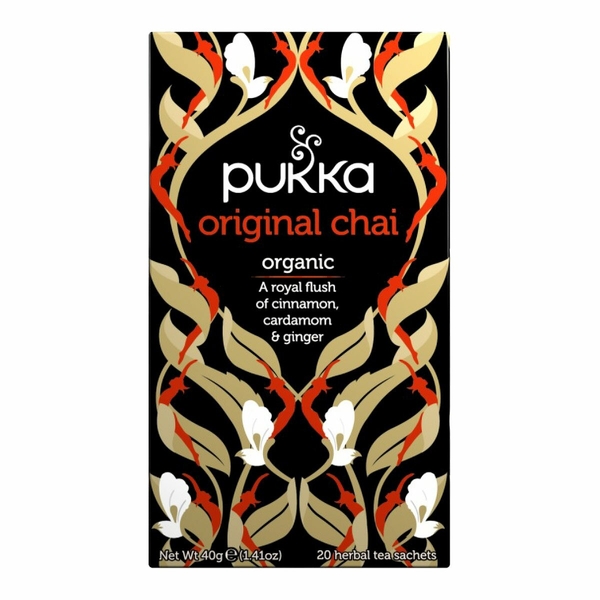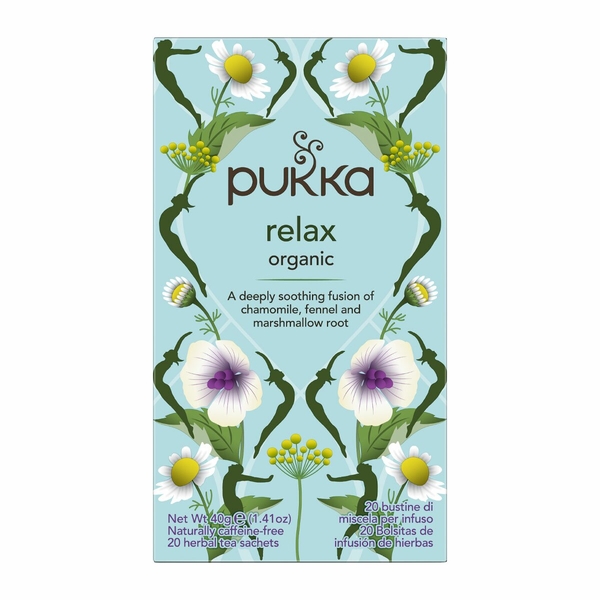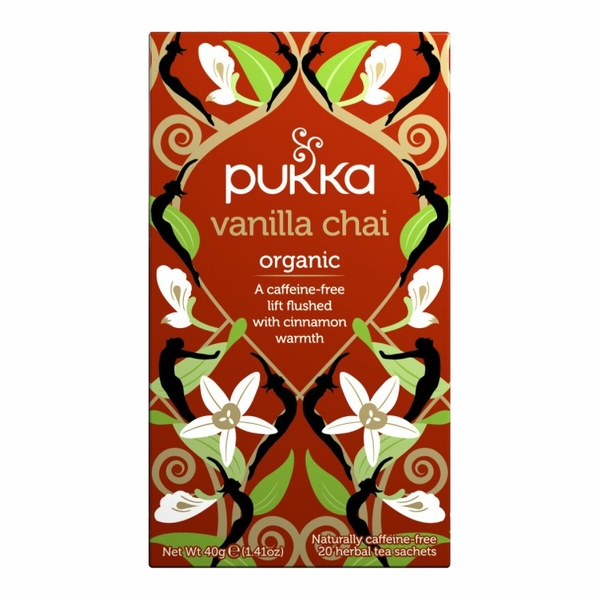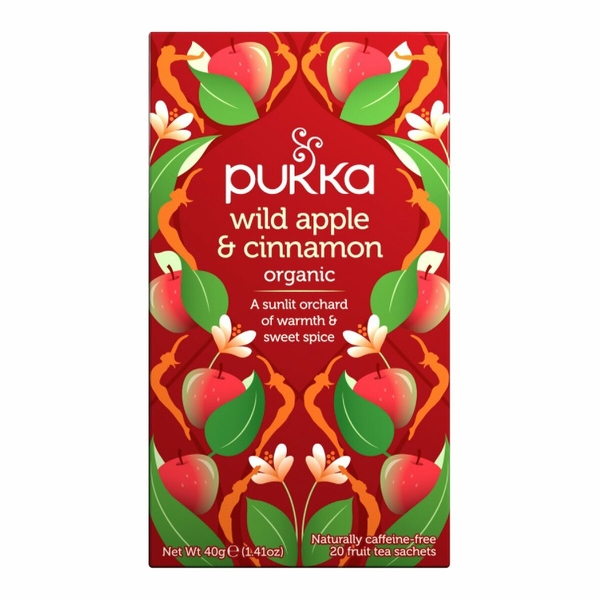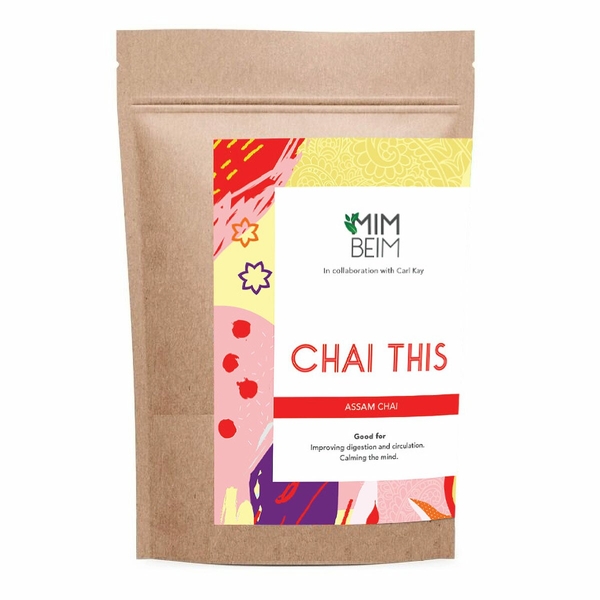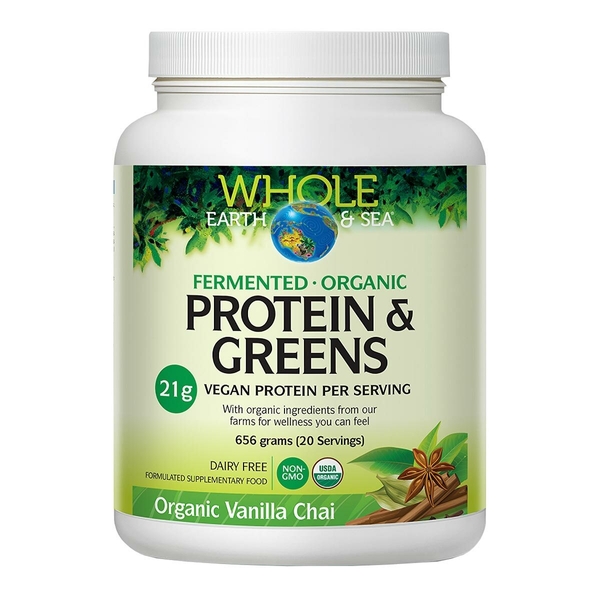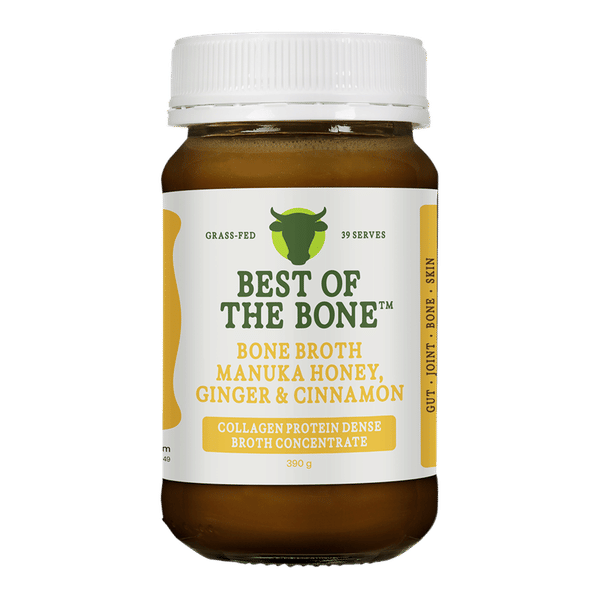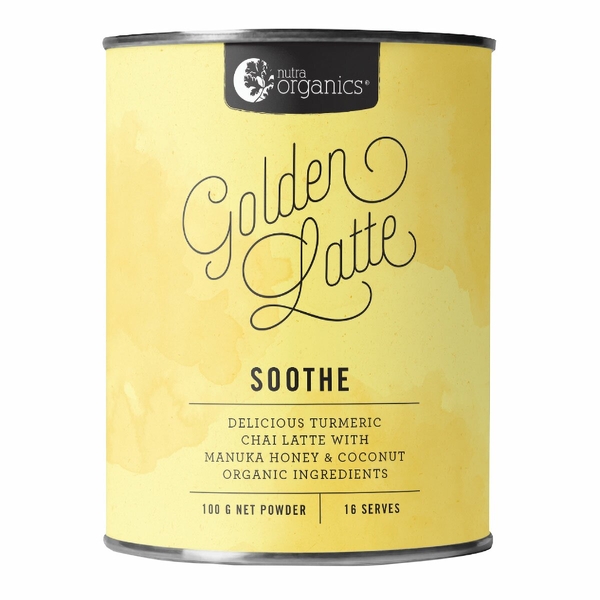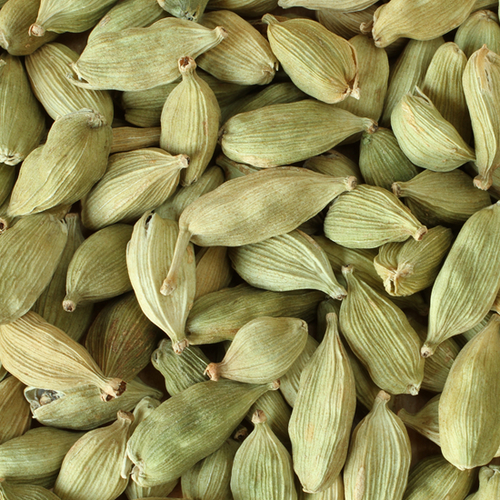
Cardamom
Scientific names: Elettaria cardamomum, Amomum cardamomum
Family: Zingiberaceae
Alternate names: Bai Dou Kou, Cardamome, Cardamome de Malabar, Cardamome Verte, Cardamom Essential Oil, Cardamomo, Cardamon, Cardomom, Cardomomier, Cardomomi Fructus, Dou Kou Hua, Ela, Elaichi, Green Cardamom, Huile Essentielle de Cardamome, Indian Cardamom, Kardamomen, Kardamompflanze, Lesser Cardamom, Malabar Cardamom, Mysore Cardamom, Small Cardamom, True cardamom
Actions: Anticancer, Anti-inflammatory, Antimicrobial, Antioxidant, Antiplatelet, Cardiovascular, Diuretic, Gastrointestinal, Immune
Background
Cardamom is an herb that is often used as a spice in foods. The seeds and the oil from the seeds are sometimes used to make medicine.
Cardamom contains chemicals that might kill some bacteria, reduce swelling, and help the immune system.
Cardamom is used for diabetes, high cholesterol, build up of fat in the liver in people who drink little or no alcohol (nonalcoholic fatty liver disease or NAFLD), and other purposes, but there is no good scientific evidence to support its use.
Cardamom contains chemicals that might kill some bacteria, reduce swelling, and help the immune system.
Cardamom is used for diabetes, high cholesterol, build up of fat in the liver in people who drink little or no alcohol (nonalcoholic fatty liver disease or NAFLD), and other purposes, but there is no good scientific evidence to support its use.
Safety Safety definitions
When taken by mouth: Cardamom is commonly consumed in foods. It is possibly safe when taken in the larger amounts found in medicine.
When inhaled: It is possibly safe to breathe the vapor from cardamom essential oil as aromatherapy.
Breast-feeding: Cardamom is commonly consumed in foods. There isn't enough reliable information to know if cardamom is safe to use in larger amounts as medicine when breast-feeding. Stay on the safe side and stick to food amounts.
When inhaled: It is possibly safe to breathe the vapor from cardamom essential oil as aromatherapy.
Special Precautions & Warnings:
Pregnancy: Cardamom is commonly consumed in foods. But it is possibly unsafe to take larger amounts of cardamom as medicine when pregnant. There is concern that cardamom might cause a miscarriage.Breast-feeding: Cardamom is commonly consumed in foods. There isn't enough reliable information to know if cardamom is safe to use in larger amounts as medicine when breast-feeding. Stay on the safe side and stick to food amounts.
Effectiveness
Effective Effectiveness definitions
There is interest in using cardamom for a number of purposes, but there isn't enough reliable information to say whether it might be helpful.
Dosing & administration
Cardamom is often included as a spice in foods. As a supplement, it is most often taken by mouth as a dose of 3 grams daily for up to 4 weeks in adults. Speak with a healthcare provider to found out what dose might be best for a specific condition.
Interactions with pharmaceuticals
It is not known if Cardamom interacts with any medicines. Before taking Cardamom, talk with your healthcare professional if you take any medications.
Interactions with herbs & supplements
There are no known interactions with herbs and supplements.
Interactions with foods
There are no known interactions with foods.
Products
View all productsPer 5 g (Spiced Vanilla):
RRP: $21.95$18.66Save: 15%
Create account
RRP: $10.25$9.43Save: 8%
Create account
RRP: $9.35$8.60Save: 8%
Discontinued by Pukka Herbs
Create account
Per tea bag:
RRP: $9.35$8.60Save: 8%
Discontinued by Pukka Herbs
Create account
RRP: $10.25$9.43Save: 8%
Create account
RRP: $10.25$9.43Save: 8%
Create account
Per tea bag:
- Elettaria cardamomum (Cardamom) (pod)
- Cinnamomum spp. (bark)
- Zingiber officinale (root)
- Malus sieversii (Wild apple)
- Glycyrrhiza spp. (root)
- Orange peel
- Chamomilla spp. (flower)
- Orange oil
- Syzygium aromaticum (bud)
RRP: $9.35$8.60Save: 8%
Discontinued by Pukka Herbs
Create account
15 tea bags
RRP: $15.00$13.50Save: 10%
Create account
Per 35.5 g (Vanilla Chai):
- Elettaria cardamomum (Cardamom)
- Pea protein concentrate
- Oryza sativa (Rice protein)
- Hordeum vulgare
- Wheatgrass powder
- Amaranth powder
- Quinoa powder
- Medicago sativa
- Malus (Apple)
- Vaccinium corymbosum
- Vaccinium macrocarpon
- Daucus carota powder (Carrot)
- Coriandrum sativum
- Petroselinum crispum
- Cynara scolymus
- Raphanus raphanistrum (Wild radish)
- Taraxacum officinale
- Brassica oleracea var. acephala (leaf) powder (Kale)
- Apium graveolens
- Beta vulgaris
- Spinacia oleracea (Spinach)
- Lycopersicon esculentum (Tomato)
- Brassica oleracea var. italica
- Armoracia rusticana
- Brassica oleracea var. viridis
- Nasturtium officinale
- Ocimum basilicum
- Piper nigrum
- Mentha spicata
- Natural flavours
- Malpighia glabra ext. dry
- Cordyceps sinensis
- Ganoderma lucidum
- Lentinula edodes
- Grifola frondosa
- Cinnamomum spp.
- Cannabis sativa (seed) powder
- Stevia rebaubiana
- Pumpkin seed protein
- Brassica oleracea var. botrytis (Cauliflower)
- Capsicum annuum
- Beta vulgaris (leaf) powder (Swiss Chard)
RRP: $64.96$58.47Save: 10%
Create account
Per 10 g (Manuka Honey, Ginger & Cinnamon):
390 g Manuka Honey, Ginger & Cinnamon
RRP: $33.99$30.59Save: 10%
Create account
RRP: $22.95$19.51Save: 15%
Discontinued by Nutra Organics
Create account
vital.ly has licensed monographs from TRC Healthcare.
This monograph was last reviewed on 12/09/2024 10:00:00 and last updated on 03/12/2014 21:20:11. Monographs are reviewed and/or updated multiple times per month and at least once per year.
Natural Medicines disclaims any responsibility related to medical consequences of using any medical product. Effort is made to ensure that the information contained in this monograph is accurate at the time it was published. Consumers and medical professionals who consult this monograph are cautioned that any medical or product related decision is the sole responsibility of the consumer and/or the health care professional. A legal License Agreement sets limitations on downloading, storing, or printing content from this Database. No reproduction of this monograph or any content from this Database is permitted without written permission from the publisher. It is unlawful to download, store, or distribute content from this site.

